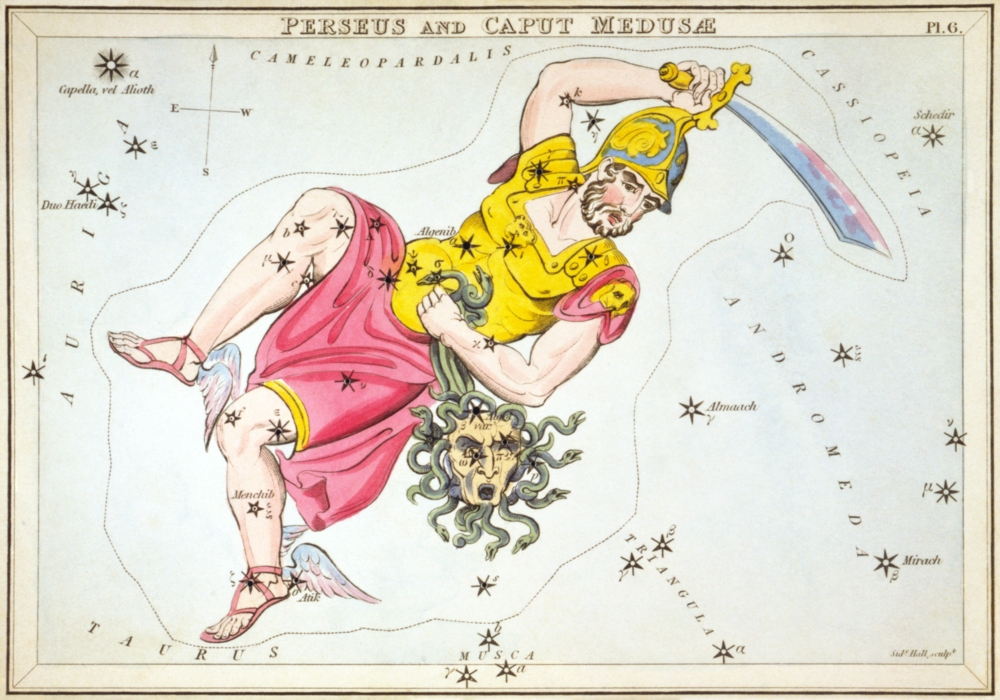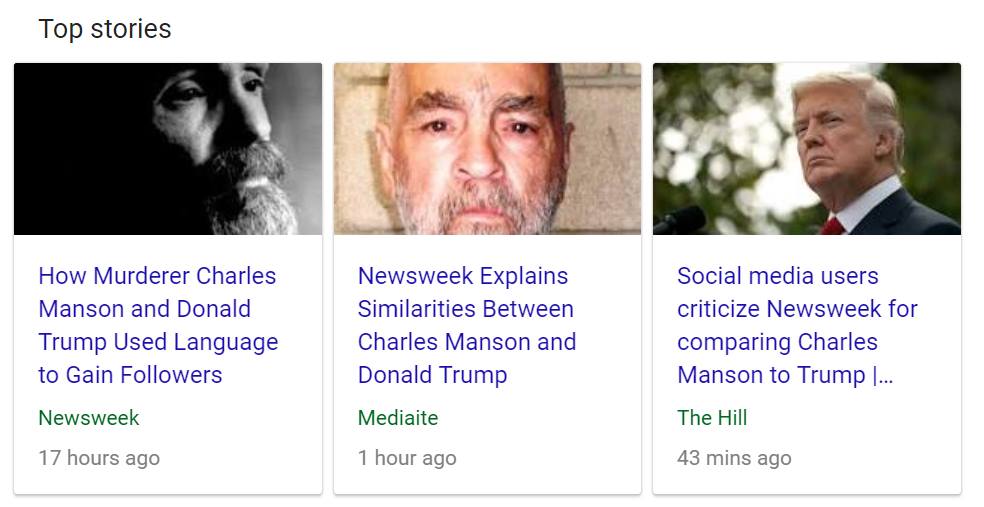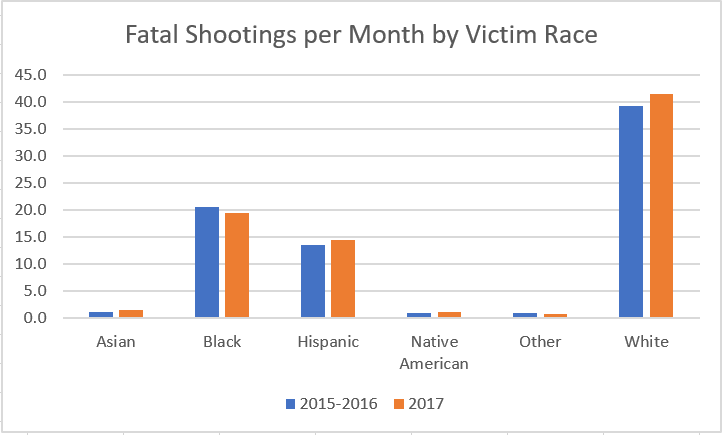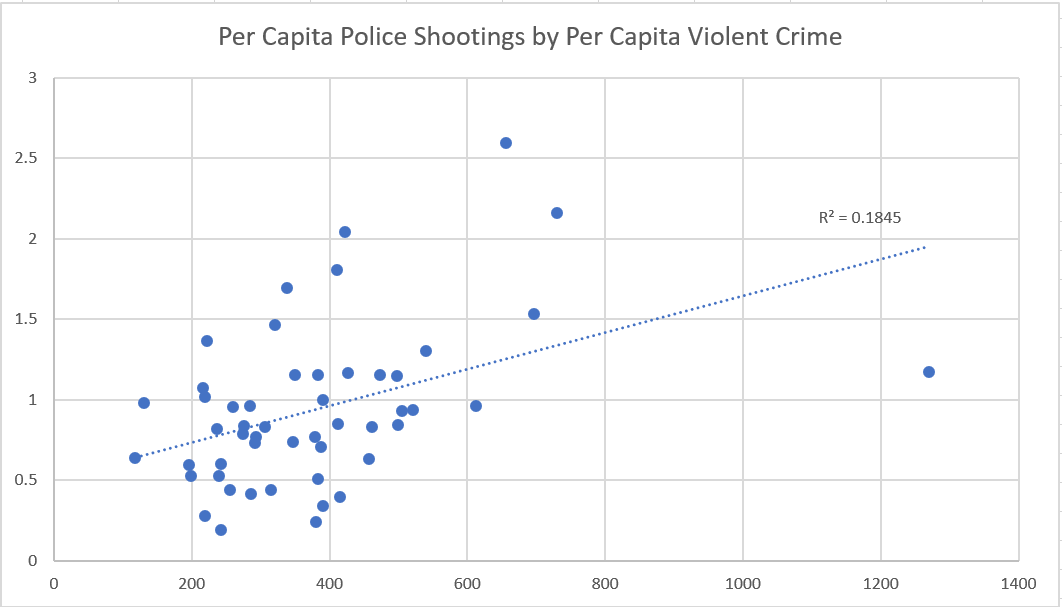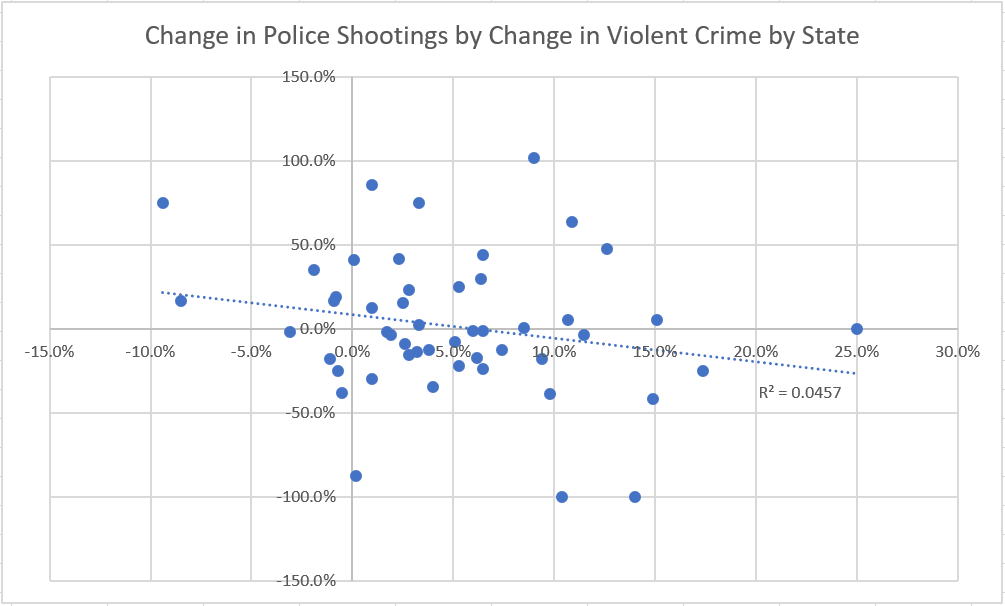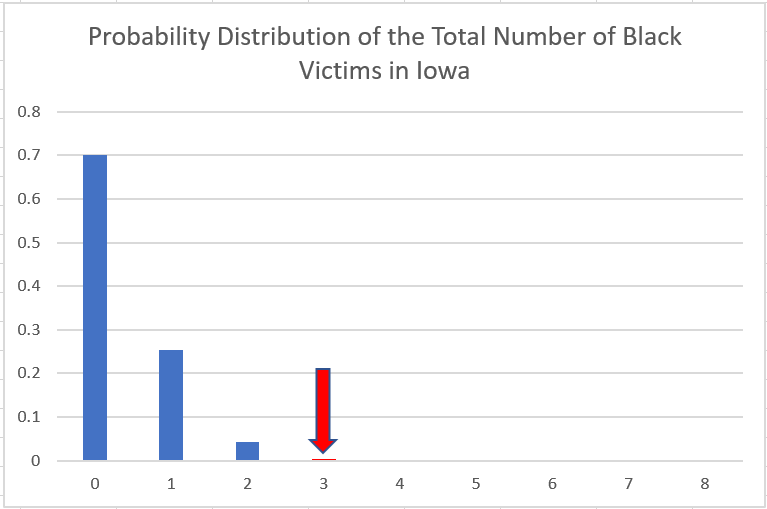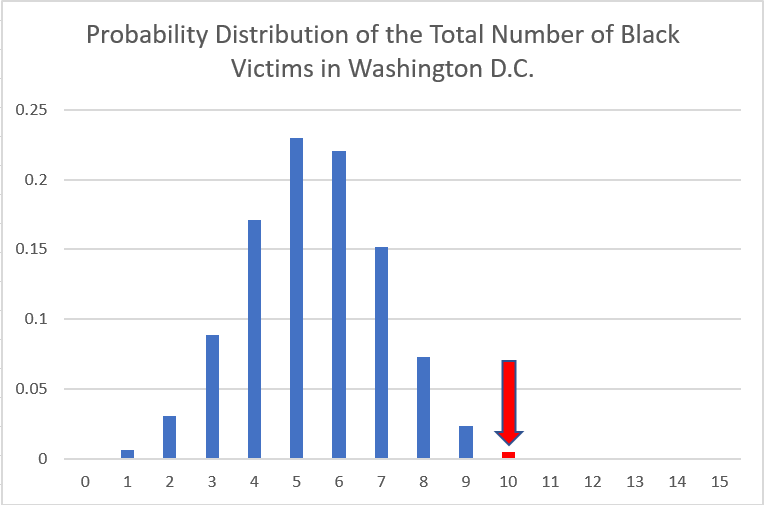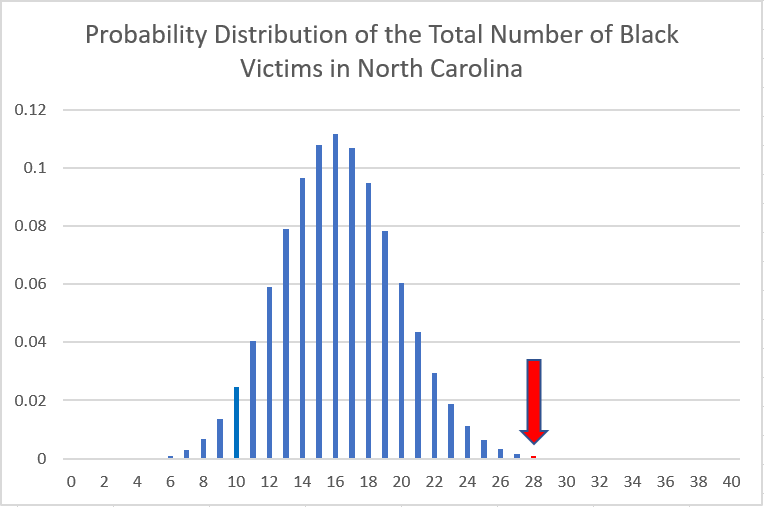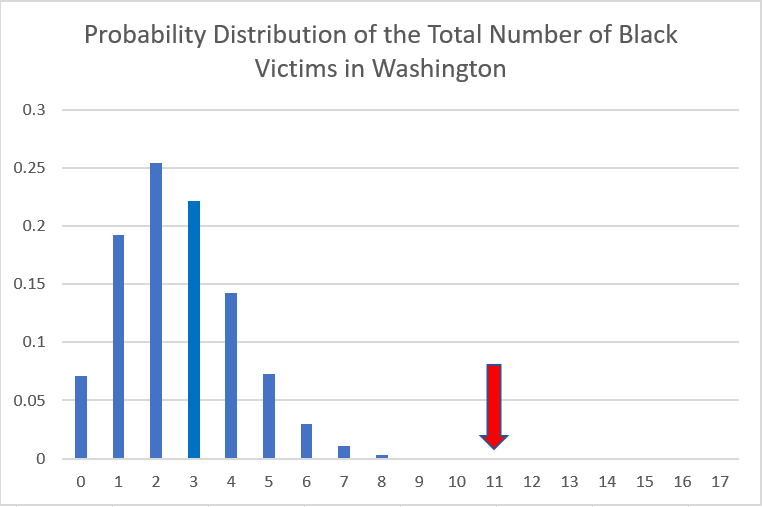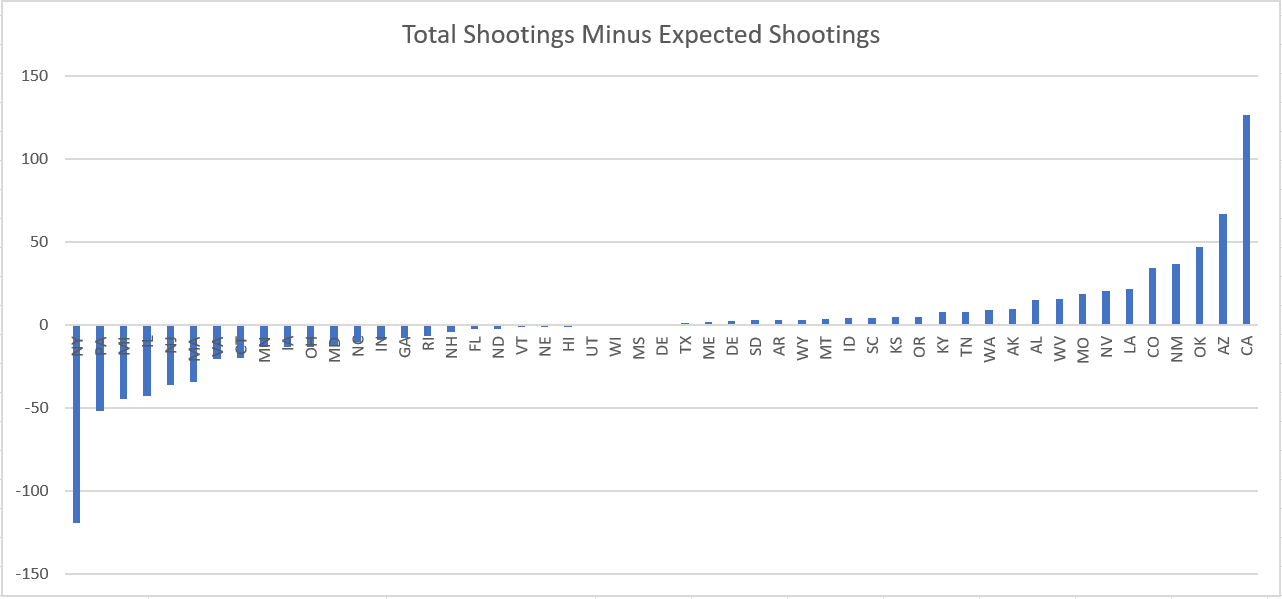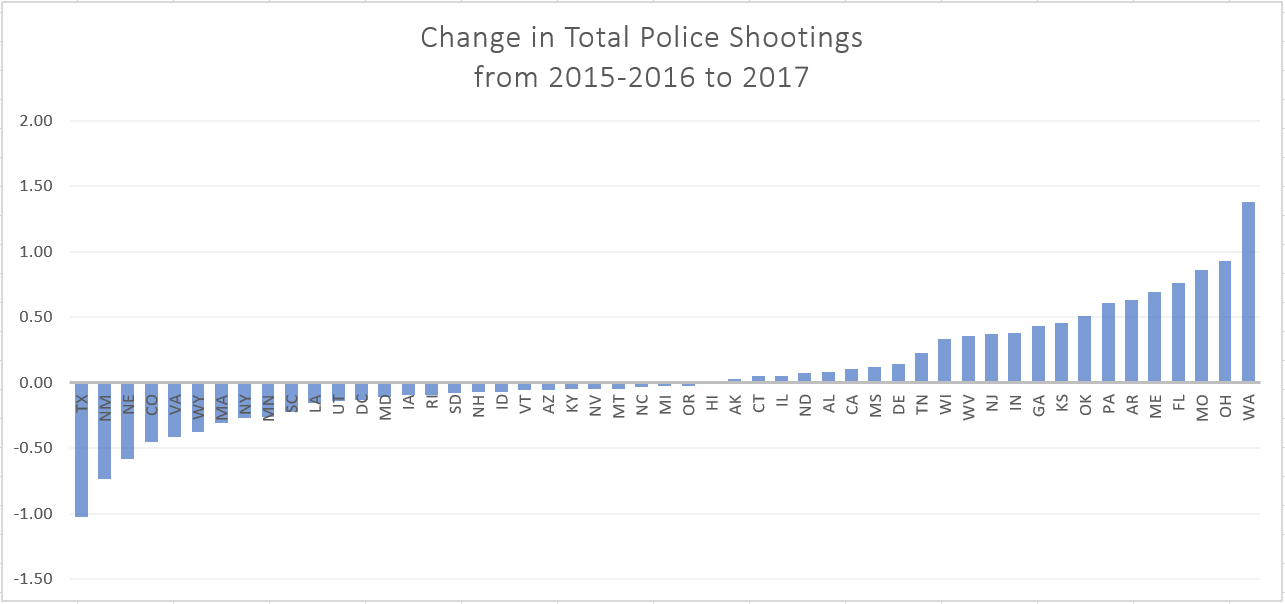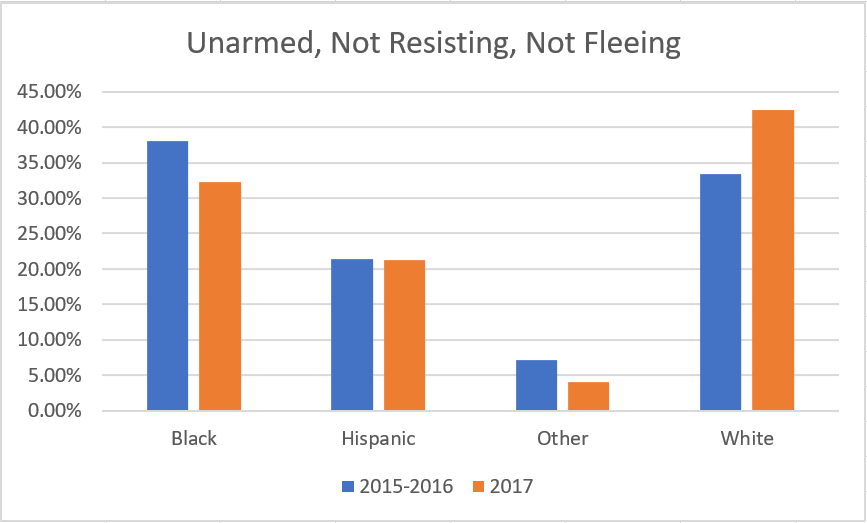i.
My favorite kinds of dreams are the ones that seem to start the second my head hits the pillow and last the whole night. Dreams that are one long, continuous narrative. Where, if recalled linearly, it might be jarring or disjointed, within the logic of that dream, its flow still makes perfect sense.
I had a recent dream, for example, where I walked out the front door of my quiet, North Loop apartment directly onto the third floor of the Mall of America. I remember another dream, one I had when I was a teenager, where I met a girl and we immediately went on our first date — a picnic lunch on an airport runway. I can still recall the intense disappointment I felt upon waking up from that dream: that ache in my stomach, the lump on the back of my throat.
Most of these dreams came to me after taking melatonin. There was a period in my life where no matter what I did, when I laid down in bed to sleep, I’d remain awake for hours, finding faces and constellations in the ceiling spackle. I wouldn’t fall asleep until four in the morning, yet I would wake in time to shower, dress, and arrive at Five Watt before the 6:00 a.m. rush. Loaded up on caffeine, I’d drag myself through the day always exhausted, never quite awake. Every night I’d push off bedtime by half an hour, and then another, under the double-edged rationale that if I went to bed a little bit later and therefore more tired, I’d definitely fall asleep. Without fail, I’d snap to full alertness the instant the lights went out.
I started a nightly regimen in search of a remedy: at precisely 9:00 p.m., melatonin, 10 mg; Advil PM, active ingredient diphenhydramine, 38 mg.
I started to sleep. And I started to dream.
If you’ve never experienced melatonin dreams before, I suggest you try them for a week. The dreams I had were so realistic and intense I would forget I was asleep and be surprised to wake up, often short of breath and with my heart pounding. For the first few days, melatonin dreams scared me. I didn’t understand that it was melatonin that was causing those vivid dreams. Like most psychoactive processes, your experiences on melatonin are deeply dependent on your mindset. Since I didn’t yet understand that link — rather, since I wasn’t yet even aware there was a link to begin with — I became deeply alarmed by my unconscious mind. A glass can only spill what it contains.
It freaked me out that my subconscious was suddenly spending eight hours a night going on crime sprees across the Twin Cities before facing an armed standoff with the National Guard. Distressed from a string of dreams that I can only describe as Act Three of Groundhog Day, I confided to a doctor friend that I was becoming disturbed by my dreams. “What does this say about me as a person, what does it say about the state of my soul, that I keep having these kinds of dreams?” I asked him.
“You’re on melatonin, aren’t you?” he asked, chuckling.
I was shocked. “How did you know?”
“Melatonin acts on the same parts of your brain as LSD. Most people on melatonin have vivid dreams.” He smiled. “It says nothing about your soul.”
Your experience on psychoactives is dependent on your mindset. Without the specter of some moral reckoning hanging over me, I began to have the best dreams of my life. Every night became a new adventure, one that felt more real than reality, and at the end I’d wake up rested.
This is how I was able to sleep restfully again. It also made me wonder what it would be like to try LSD.
iii.
In August of 2017, my mom asked if I would consider moving back in with her. She was living alone ever since her husband went to prison – long story, that – and beginning to realize that there was a lot she could no longer do by herself. She obviously couldn’t know at that time that a month later she would be diagnosed with bone cancer — a metastasis of the breast cancer she had been fighting for years — the cancer that would eventually spread to her lungs and brain and end her life. That August, however, her primary complaint was that she just didn’t have the time, strength or energy to get all of her house- and yard work done.
I moved home. Biographically, it was an uneventful period in my life. For the first time since I left for college, I found myself living away from friends and peers. I felt like a horseshoe crab without its shell. (I’ve heard it said, if you’re lonely when you’re alone, you’re in bad company.) There were precious few local activities to keep my attention, so I found a cozy chair at the local library and got to know the staff at the closest Caribou. I tried to put a dent in my reading backlist and curated a Hitchcock retrospective. I took as many bubble baths as our low-volume, high-efficiency boiler would allow. After her September scare was successfully treated with radiation, my mom’s health stabilized and she resumed living life as normal. Eventually, I found a job in Minnetonka, a forty-minute drive from White Bear Lake. My three-month trial period was uneasy: not a day went by during those first 90 days that I didn’t think I was on the verge of getting fired. But, ultimately, I was hired on as a permanent employee. I celebrated by buying a car, a racer red Ford Focus.
I’m sure I’m not the first person to break in a new car by going on a road trip, and within a week I was making plans for a weekend getaway to the North Shore. At the same time, although it wasn’t clear in that moment, maybe the call north was rooted in something more existential, what Camus once described as “the possibility of escape, a leap to freedom out of the implacable ritual.” Maybe we look to reinforce our upward swings with wild lunges to cement the idea that there is hope in life after all. Or, at least, maybe that’s what I do.
Just after I got back from my own leap to freedom, my mom left for her own: a two-week road trip from Minnesota to Oregon with two friends, three dogs, and an RV. Perhaps it was the strain of the road or perhaps it was just a coincidence, but that trip marked the end of my mom’s stable period. She returned exhausted from the trip, and her cancer returned furious from its remission. Her oncologist laid out two options: palliative care, or a Hail Mary course of chemotherapy as likely to cause heart failure as it was to treat her tumors. She chose the latter route. Three months later, when the PET scan showed there was no improvement, she discontinued her treatment. It was though the great rush of Cytoxan had washed her clean and emptied her of hope. Two weeks after that, she died.
iv.
Friday, July 27, 2018
12:00 p.m. — Leave Minnetonka for Duluth
4:00 p.m. — Check into my AirBnB
5:00 p.m. — Explore downtown Duluth/Canal Park
6:00 p.m. — Vikre
7:00 p.m. — Dinner at Lake Avenue
8:00 p.m. — TBD
Saturday, July 28, 2018
5:30 a.m. — Wake up, shower, and venture north
7:00 a.m. — Egg breakfast at Betty’s with blueberry rhubarb pie for dessert
8:00 a.m. – Get supplies at Zup’s
8:30 a.m. – Hike Tettegouche ‘til you get bored, tired, or just want to head home
That Friday night gap after dinner is how I met Amber.
v.
One could argue that the term “dive bar” is contextual, that the use of the adjective presupposes the existence of something classier nearby. By this measure, there are no dive bars in Superior, Wisconsin. I’m not sure how I ended up at Jake’s, exactly, or if it was even called Jake’s, but by the time I arrived the locals had already started calling it a night. I sat at the bar and ordered two Grain Belt Premiums and patted myself on the back for the subversive act. The bartender asked if I wanted to pay up or open a tab. The bill was $3.00.
Just as I have no clear memory of getting to Jake’s, I have no clear memory of how I started talking to Amber. One moment I was aware of her presence, the next thing I knew we were ensnared in conversation. She was maybe twenty-five, her curly hair pulled up in a loose bun. She was wearing too much eyeliner and — using my own as a measuring stick — I estimated her bar tab to be at least twenty bucks.
“Where are you from?” She asked. Small talk. Another implacable ritual.
“I live in the Twin Cities, how about you?”
“I’m from here.” She mentioned the name of a town I’d never heard of.
“What brings you up here this weekend?”
“I’m hiking Tettegouche tomorrow. I needed a getaway”
“That’s fun.”
“It is! So what are you up to, what brings you out tonight?”
“I’ve been having a hard time sleeping lately.”
I asked her why. Her answer was a mad dash away from despair. “Did… Did you know that one in three women have been raped?” I said I’d heard that before. Amber shared with me the details of her sexual assault, the maddening experience of trying to turn her assailant in to the police, the dehumanizing frustration of hearing her account contradicted and dismissed, and the abject horror of watching her friends litigate her case in the court of social media. Her trauma led to nightmares. Her nightmares led to insomnia.
Her phone beeped. “My Uber’s here,” she said with a sigh.
“Wait,” I pleaded, trying to think of something meaningful to say, something my friends would tell you is not a strength of mine. “Before you go, let me say this. You are beautiful. You are worthy of dignity and justice. These nightmares will be behind you soon.”
She started sobbing and hugged me like an old friend.
I can never know the rest of her story, how this chapter ended, whether she found relief in melatonin or therapy or whether she’s haunted to this day. It’s taken a lot of self-restraint to not write an epilogue for her in my mind, but her story is hers to own. Although I’ve prayed for her many times since we met, I can’t say for certain if I could pick her out from a crowd, much less whether she remembers me at all.
Part of me wants to know why she chose to confide in me. Was I safe because she knew she’d never see me again, that as the stranger my confidence was certain? There’s some research that shows we are more willing to share big secrets with strangers than with loved ones. Maybe she saw my second Tall Boy and thought I’d let her take one for the road. I don’t know. But I think when we’re frantically looking for peace, somewhere along the way we’ll take a wild lunge at hope.
vi.
At 8:30 a.m. precisely, I pulled up to the visitor’s center of Tettegouche State Park. I checked my backpack for my essentials: a bag of smoked almonds, summer sausage, two bottles of SmartWater, my Hoffman-Richter survival knife, and a flask filled with Redemption bourbon.
That Saturday, the temperature on the North Shore was 71 degrees. The skies were clear, sporadic tufts of cloud notwithstanding, and a gentle breeze blew off of Lake Superior. During my hike through the woods of Tettegouche, I counted a single mosquito — just one. In short, the weather was perfect.
In spite of these facts, I could not get anyone to agree with me that it was a beautiful day.
I brought it up with everyone who made small talk with me. A young couple with a lawn blanket and a picnic basket (“Yeah, it’s okay….”), a family of four asking me if I saw the rest of their party march down towards Two Step Falls (“Eh, not bad,” said the husband while the wife furled her brow), the twenty-something giving her corgi a much-needed walk (“I guess”) or the mother skipping across the suspension bridge above the Baptism River with her school-aged daughter (“Yeah, ya know, it’s pretty good….”).
Pretty good?
If there’s an official record of how the Baptism River got its name, I’ve not been able to find it. Perhaps it has a similar backstory as Ponte de Bapteme, where – presumably due to the danger beyond – early voyageurs dictated that any compatriots must be baptized before crossing. I’d like to think, however, that the name was derived from the palpable spiritual aura hanging like berries from the canopy, that some part of my experience was shared with the people who wandered there in the decades and centuries before me. That others walked away feeling, as I did, beloved by God. Then again, maybe not. Maybe those fur traders passed through thinking it all just “pretty good.”
“Sa passable, monsieurs.”
I suppose it is as I’ve learned, that your mindset determines your experience.
I perched at the top of High Falls, and dangled my feet above 70 feet of sheer grayish brown rock, water rushing by either side of me like I was on the median of some liquid superhighway. You could not have convinced me there were as many as five days more beautiful in the entire history of the universe. I sat there for what must have been an hour, eating my snack of summer sausage and smoked almonds, a ploughman’s lunch on the throne of a titan.
I was aware, but not self-conscious, of the dozens of people pointing at me from the shores below. Some of them waved, many gawked, but most moved on to the business of being weekend hikers: posing on boulders for Instagram photos or wading cautiously in the slow part of the current while dodging angry crawfish. Mostly they stayed on the shore, holding a lone hand in the air as though raising a Zippo for a power ballad, praying for phone signals. Or they sipped from canteens and skipped stones across the river.
A couple of women, both in their forties, donned two-pieces and swam in the basin below the waterfall. Some combination of the sunlight, water, and the rock faces made them appear to be enrobed in liquid gold, as the tips of waves sparkled like flash bulbs around them. As I made my way down the trail, the two of them spotted me and asked, “How was the view up there?”
“Unbelievable,” I said as I walked past.


vii.
On September 29, 2018, two months after my solo trip at Tettegouche, I returned to the park with a travel buddy in tow. The weather was much colder that day, only hitting mid-fifties by noon.
There wasn’t enough room at the top of the waterfall for two people — not that my friend had any interest in risking her life despite the promise of a prominent view — so we found a perch at the top of the lookout, a small ledge with a sheer drop, and sat and took in the skyline. The wind blowing through the pines and autumn leaves made the whole landscape appear as if it were inhaling and exhaling in rhythm, swaying back and forth with each breath. Paradoxically, it was that moment, when the forest seemed most alive that I recognized for the first time that my mom was going to die.
I took out my phone and, through tears, texted her. “I love you, mom. I’m sorry it turned out this way.” With that, I let go, I gazed at the dark treeline spangled with sunlight, and for the first time in my life, laid my heart open to the utter indifference of cancer. I let myself feel, really feel, the lump in my throat and the ache in my stomach, and for a moment, the fleeting charms of earth were gone, her springs of joy ran dry. But we kept gazing out at the horizon, watching the balsam fir dance her aria with the tamarack and the jack pine, mesmerized beyond words by the arboreal ballet.
Soon, everything would change, my life would become unrecognizable to what came before it. Those changes would be jarring and disjointed, but never without their own internal logic. Everything familiar began to wash away. By and large, those changes were for the better. I fell in love with my girlfriend and asked her to marry me. We bought a house together on the west side of town and have twins on the way.
My friend and I spent the rest of that day at Black Beach, climbing the sea stack and sharing a thermos of Swiss Miss that tasted as rich as gently melted chocolate. We called dibs on distant islands and named them like Conquistadors. Then we drove home to the Cities, the stereo blaring at least two notches too loud, listening to “The Freewheelin’ Bob Dylan,” letting the Bard have the last word. With our euphoria wearing off and reality setting in, the night was no less beautiful for the transition. I think we were both surprised to find ourselves wide awake.

